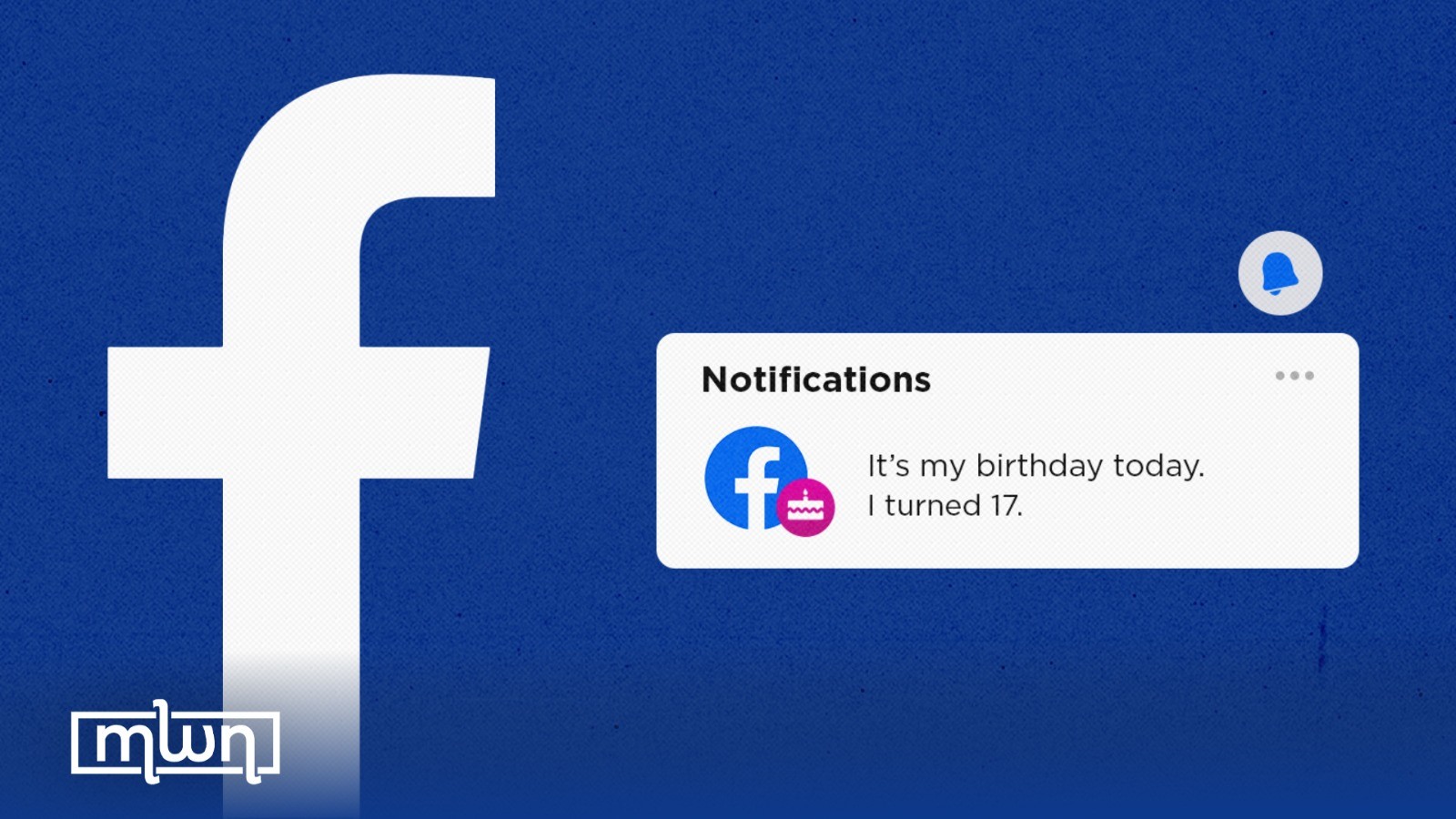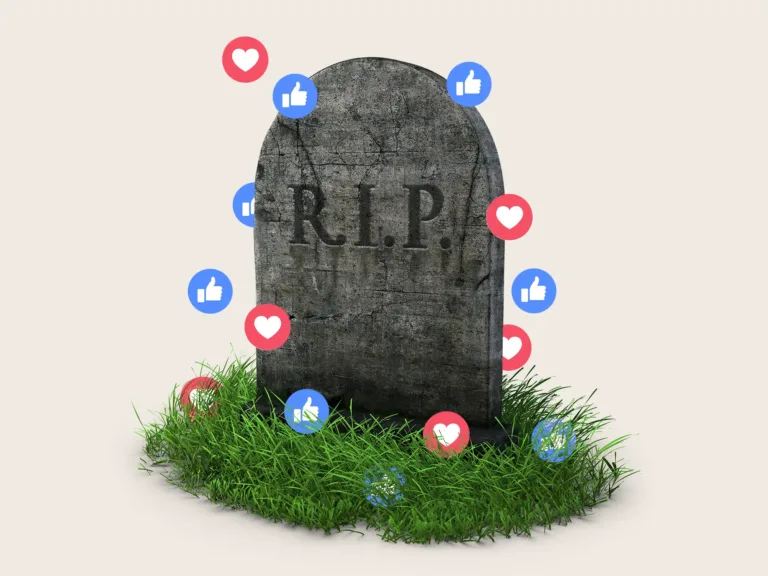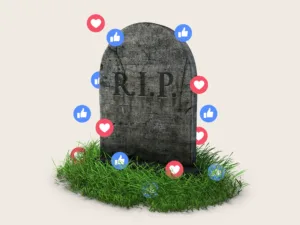Marrakesh – Picture this: it is another day of random endless scrolling when suddenly you get a notification on Facebook to wish someone a “Happy Birthday.”
Scrambling and panicking as to which friend’s special day you forgot, you make the startling and morbid discovery that the friend in question is in fact no longer alive.
Amanda Silberling, a seasoned voice at TechCrunch, recently opened up about a modern-day conundrum many can relate to; navigating Facebook’s persistent reminders to wish “Happy Birthday” to departed friends.
Through her compelling narrative, she delves into the nuanced intersection where digital platforms meet personal and sometimes painful, memories.
Her story resonates as a poignant reminder of how digital interactions can unexpectedly prompt reflection and remembrance.
“Two of my friends passed away in the last three years. By some coincidence, both of their birthdays fall in the beginning of July,” she revealed.
Silberling went on to describe how twice this week, Facebook has reminded her to write “Happy Birthday” to two people who will never respond.
Amanda Silberling pointed out, “Facebook’s algorithms can’t comprehend death. All it knows is there was a time when I was often tagged in photos with these people, and that we interacted with each other’s posts.”
She questioned why Facebook’s algorithm, which is designed to enhance user engagement, continues to prompt her to post on the timeline of friends who have passed away, simply because it’s their birthday.
Her observation highlights the disconnect between technological algorithms and the complexities of human emotion, raising deeper questions about the impact of digital platforms on personal interactions and memories.
However, this unexpected and unrequested trip down memory lane is not always bad.
The digital memories that didn’t slip away
Reflecting on the digital legacy we now leave behind, Amanda Silberling shared her experience after her friend Jamie’s passing.
As they were both writers, Silberling found solace in revisiting their extensive digital correspondence.
Silberling’s poignant journey underscores how our digital footprints shape the way we process grief, seeking validation and connection even in the digital remnants of our relationships.
Silberling contrasted her experience with her correspondences on iMessage, noting, “Unlike iMessage, my message history on Facebook has never been deleted.”
She pondered the vast expanse of her fifteen years’ worth of Facebook data, stored in facilities across California and mirrored for billions of users worldwide.
Silberling questioned the immense resources – space, finances, and computing power – required for Facebook to ensure she could still access a meme sent by a departed friend back in 2017.
The writer reflected on the solace she found in Facebook’s extensive data storage after Jamie’s passing, admitting, “I’ve never been more grateful to Mark Zuckerberg than I was in the days after Jamie died.”
However, she described this infinite storage as an accidental gift: Facebook’s intentional response to death is its memorialization system.
She pointed out how we used to choose between burial or cremation, but now we also decide whether to designate a legacy contact to manage our Facebook account or have it deleted after we pass.
This shift illustrates how our digital identities have become intertwined with our legacies.
Silberling recounted a surreal experience: “Even in my dreams, my friends don’t come back to life.”
She shared a dream where Ellie messaged her on Facebook, but it was one of those old school hacks, with a message saying, “OMG, just saw this crazy video, is that you?”
Digital milestones as lasting memories
This haunting blend of memory and digital artifacts underscores the lingering presence of lost friends in our online lives, even in the most unexpected ways.
Silberling’s dream stemmed from a real anxiety about our digital afterlives. She reflected on the added burden of managing someone’s online presence after they pass.
According to her, on Reddit, people frequently seek advice on accessing a deceased loved one’s computer without their password.
Meanwhile, in this context, the New York Department of State advises consumers to protect against posthumous identity theft, warning that someone could misuse a deceased person’s Social Security Number to open credit cards, file taxes, or take out loans.
This modern challenge highlights the complexities of navigating digital affairs in the wake of loss.
Silberling observed that neither of her friends’ families opted to “memorialize” their children’s accounts, possibly due to the overwhelming nature of their grief or perhaps because they were unaware of the option.
As a result, Facebook continues to remind her to celebrate her deceased friends’ birthdays, even though they’ll never age beyond their mid-twenties.
Reflecting on her own preferences, Silberling shared that she wouldn’t want to memorialize her friends’ accounts either, as it would be another stark reminder of their loss.
















